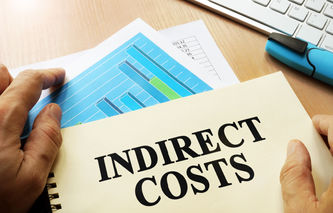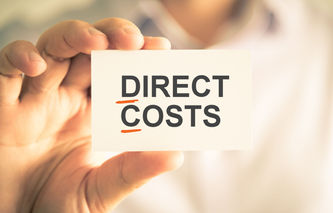Definition
The financial accounting term initial direct cost is used to describe those costs that are directly associated with negotiating and completing a service agreement. Initial indirect costs consist of sales commissions, legal fees, creditworthiness checks, preparation of documentation, in addition to other costs that are incremental and directly attributable to the agreement.
Accounting conventions dictate these costs should be charged to expense in the same accounting period in which the revenue associated with the service is recognized as being earned.
Explanation
Accounting for initial direct costs is a topic of particular importance to the leasing industry. International Accounting Standards 17 (Leases) states initial indirect costs incurred by lessors should be capitalized and amortized over the term of the agreement. In the past, lessors had the option to treat these costs as an expense.
IAS No. 17 provides guidance for initial indirect costs under three leasing scenarios:
Operating Lease: these costs should be added to the carrying amount of the leased asset, and recorded as an expense over the term of the lease.
Finance Lease (Direct Financing Lease): these costs should be included in the initial determination of the receivable; thereby reducing the amount of income recognized over the term of the lease.
Finance Lease (Sales-Type Lease): indirect costs should be recognized as an expense in the same accounting period as the selling profit.
While initial direct costs incurred by lessors include sales commissions, legal fees and other costs that are incremental and directly attributed to arranging a lease, they exclude general overheads. For example, the typical costs associated with fielding a sales team such as salaries, and marketing expenses such as advertising, would not be considered an initial direct cost.



